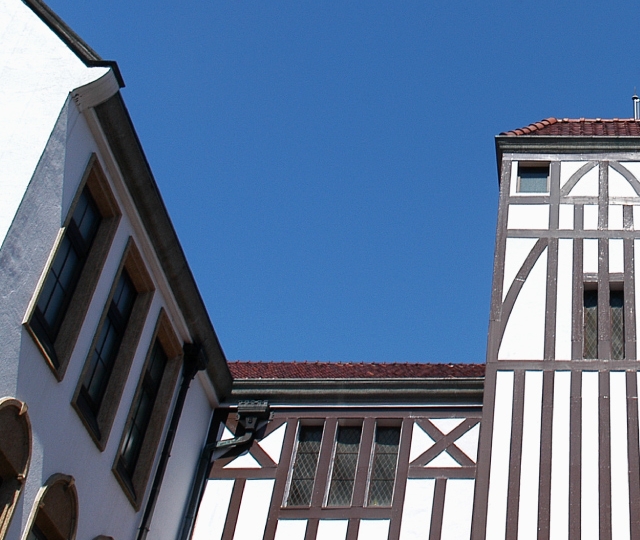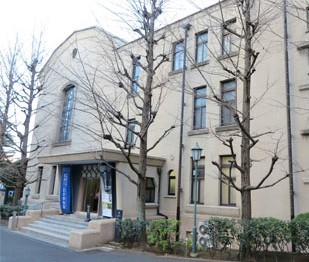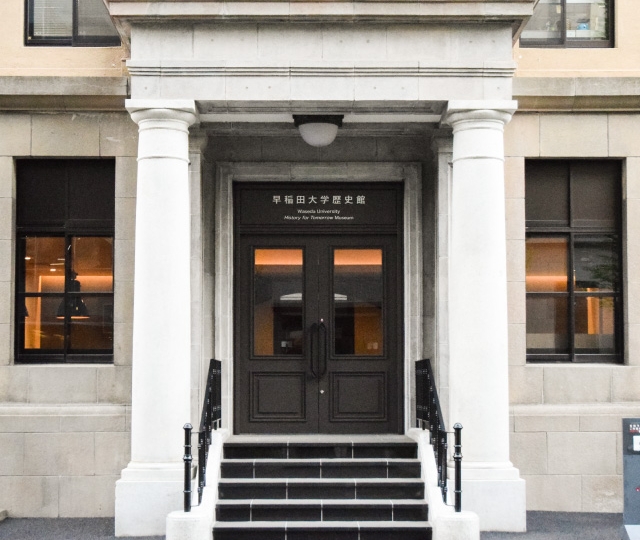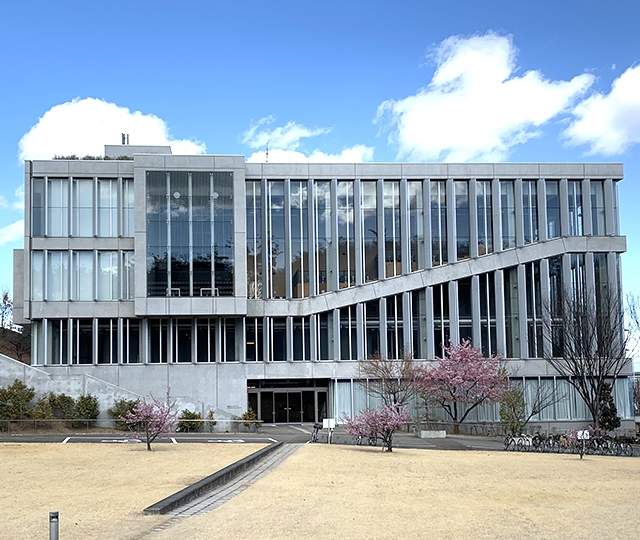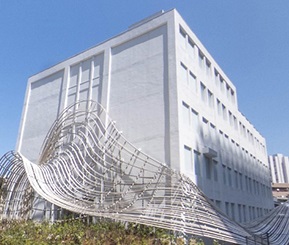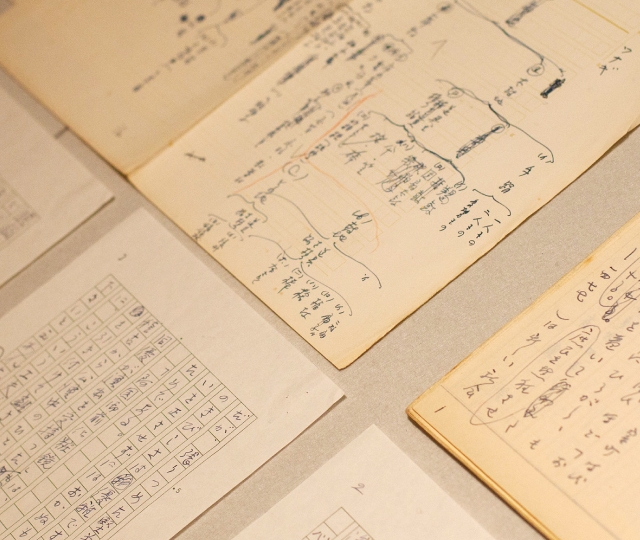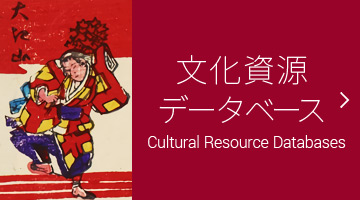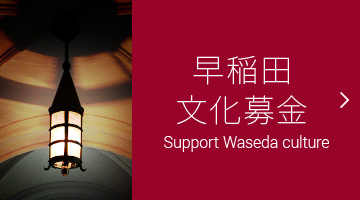Aurality and Modernity: New Directions in Radio Studies
Marking its 100th anniversary since the first broadcast in Japan, radio has played a significant social and cultural role in shaping Japanese modernity, from its formative period through the prewar, wartime, Occupation, and the high-growth periods. At its historical milestone, this symposium examines how radio has mediated power, education,mass culture, and local identities, drawing on insights from literature, sociology, and media and cultural studies. Our goal is to foster international and interdisciplinary dialogue on the future of radio studies and its methodologies.
- Date & Time:November 30, 2025 (Sun.) 13:00-17:45 (Doors open 12:30)
- Venue:Conference Room #1, 3rd Floor, Bldg. #33, Toyama Campus
- Language:Japanese/English (Without interpretation. An abstract book in both Japanese and English will be provided.)
- Participants:Students, Faculty and Public
- Participation:Free, No reservation is required. You are welcom to come to the venue.
- Organized by The Yanai Initiative for Globalizing Japanese Humanities
Time Table
13:00 Opening Remarks
– Session 1 “The Radio Imaginary” –
13:10 Miwako Nakamura “Early Days of Radio in the Context of Children’s Programs: Based on the Four Functions of Broadcasting Proposed by Shinpei Goto”
13:30 Taiga Kuroda “Wartime Broadcasting and Literature: The Current Affairs Magazine “Hoso” and Radio Drama”
13:50 Keiji Sezaki “Kansai Folk and Radio”
14:10 Masahiro Hirose “Lost Technology in Radio Drama :”Three-dimensional” in narrative experience”
14:30 Comments and Discussion (Discussant: Koji Toba)
* 15:10 Break *
– Session 2 “Rethinking Radio History“-
15:30 Yoshiaki Higuchi “The Regional Characteristics of Early Local Broadcasting in Japan”
15:50 Alexander Murphy “A Tacit Voice: Radio Broadcasting and Sovereign Crisis in Prewar Japan” *in English
16:10 Nanako Ota “Democracy in the Air: Transwar Radio Broadcasting and its Social Impact in Japan” * in English
16:30 Akihiro Matsumoto “A Century of Radio from the Periphery: The Case of Wired Broadcasting in US-Occupied Okinawa”
16:50 Comments and Discussion (Discussant: Hideto Tsuboi)
17:30 Closing Remarks
Presenters
Miwako Nakamura
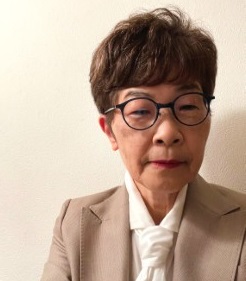 A Researcher at the Faculty of Core Research, Ochanomizu University in Tokyo. She graduated from Rikkyo University in 1984, and earned a PhD in Child Studies from Ochanomizu University in 2020. She specializes in the history of education and of children’s media. Her monograph, Changes in Modern Japanese Storytelling in the Early Showa Period: The Development into Education and Radio and the War Effort (Hitsujishobo, 2024) is based on her doctoral dissertation. Her works on the history of children’s radio programs are “The War Effort Through the Radio Program “Shokokumin no Jikan” (Hours for the Rising Generation)” (2022), “Discourse Analysis on Early Wartime ‘National School Broadcasting’” (2023), and “The School Broadcasting on the Theme of Refinement of Japanese as National Language” (2024). Her current research interest is the history of children’s programs in Japan during the early days of radio (1925–1945).
A Researcher at the Faculty of Core Research, Ochanomizu University in Tokyo. She graduated from Rikkyo University in 1984, and earned a PhD in Child Studies from Ochanomizu University in 2020. She specializes in the history of education and of children’s media. Her monograph, Changes in Modern Japanese Storytelling in the Early Showa Period: The Development into Education and Radio and the War Effort (Hitsujishobo, 2024) is based on her doctoral dissertation. Her works on the history of children’s radio programs are “The War Effort Through the Radio Program “Shokokumin no Jikan” (Hours for the Rising Generation)” (2022), “Discourse Analysis on Early Wartime ‘National School Broadcasting’” (2023), and “The School Broadcasting on the Theme of Refinement of Japanese as National Language” (2024). Her current research interest is the history of children’s programs in Japan during the early days of radio (1925–1945).
Taiga Kuroda
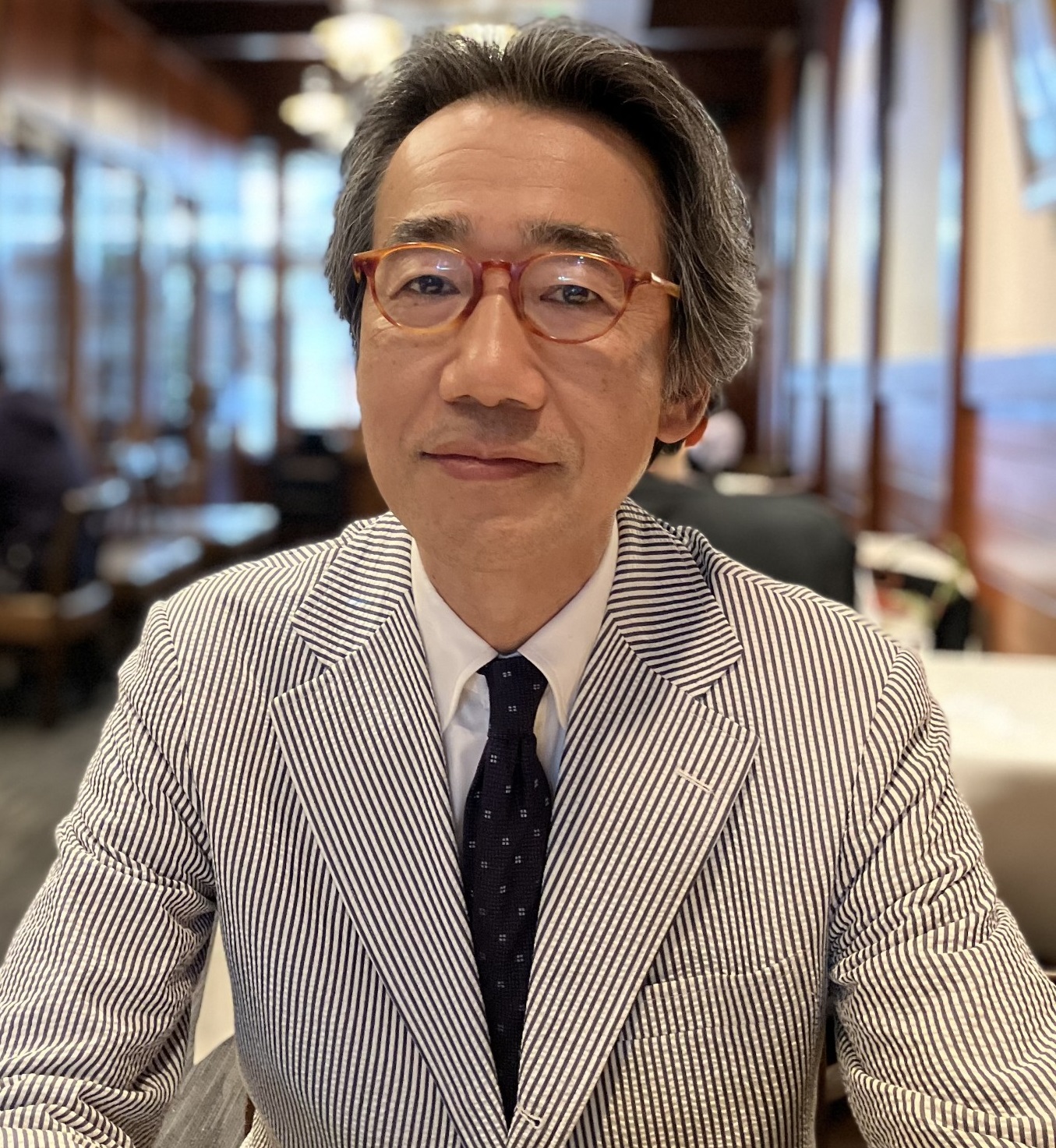 Professor of Japanese Literature, Faculty of Liberal Arts, Osaka Shoin Women’s University. Graduated from the doctoral program at the Graduate School of Letters, Doshisha University, with credits earned. In 2018, he received his PhD in Japanese Literature for his book Yokomitsu Riichi and His Times: Modernism, Media, and War (Izumi Shoin, March 2017, Izumi Shoin). He specializes in modern Japanese literature. His research focuses on modernist literature and culture, with a focus on Yokomitsu Riichi, Abe Tomoji, and Hotta Yoshie. His works on wartime radio broadcasting and literature include “Memories of Layered Voices: The Current Affairs Magazine Hoso and Wartime Broadcasting” (Bungaku, March 2004), “The Voice of the Community/Multiple Voices: The Current Affairs Magazine Hoso and Writing” (Modern Japanese Literature, Vol. 68, May 2003), and “Writing Within the Voice of National Unity: Wartime Broadcasting and Literature as Seen in the Current Affairs Magazine Hoso” (Reinterpreting Literary History 4: Literature in Wartime, Impact Publishing, February 2000).
Professor of Japanese Literature, Faculty of Liberal Arts, Osaka Shoin Women’s University. Graduated from the doctoral program at the Graduate School of Letters, Doshisha University, with credits earned. In 2018, he received his PhD in Japanese Literature for his book Yokomitsu Riichi and His Times: Modernism, Media, and War (Izumi Shoin, March 2017, Izumi Shoin). He specializes in modern Japanese literature. His research focuses on modernist literature and culture, with a focus on Yokomitsu Riichi, Abe Tomoji, and Hotta Yoshie. His works on wartime radio broadcasting and literature include “Memories of Layered Voices: The Current Affairs Magazine Hoso and Wartime Broadcasting” (Bungaku, March 2004), “The Voice of the Community/Multiple Voices: The Current Affairs Magazine Hoso and Writing” (Modern Japanese Literature, Vol. 68, May 2003), and “Writing Within the Voice of National Unity: Wartime Broadcasting and Literature as Seen in the Current Affairs Magazine Hoso” (Reinterpreting Literary History 4: Literature in Wartime, Impact Publishing, February 2000).
Keiji Sezaki
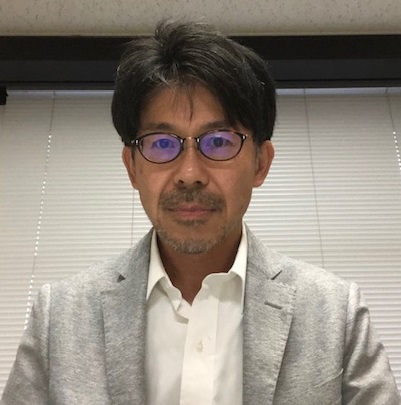 Professor at the Faculty of Letters, Doshisha University. Specializing in modern Japanese literature and culture, his current research topic is youth culture and its representation in postwar consumer society. His publications include The Birth of Trends and Vanity: Modern Japanese Literature Reflecting Consumer Culture (Sekaishisosha, 2008), Seaside Love and the Japanese: Summer Stories and Modernity (Seikyusha, 2013), Television Dramas and Postwar Literature: Between Art and Popularity (Shinwasha, 2020), and Kansai Folk and Its Era: A Counterculture of Voices and Contemporary Poetry (Seiyusha, 2023).
Professor at the Faculty of Letters, Doshisha University. Specializing in modern Japanese literature and culture, his current research topic is youth culture and its representation in postwar consumer society. His publications include The Birth of Trends and Vanity: Modern Japanese Literature Reflecting Consumer Culture (Sekaishisosha, 2008), Seaside Love and the Japanese: Summer Stories and Modernity (Seikyusha, 2013), Television Dramas and Postwar Literature: Between Art and Popularity (Shinwasha, 2020), and Kansai Folk and Its Era: A Counterculture of Voices and Contemporary Poetry (Seiyusha, 2023).
Masahiro Hirose
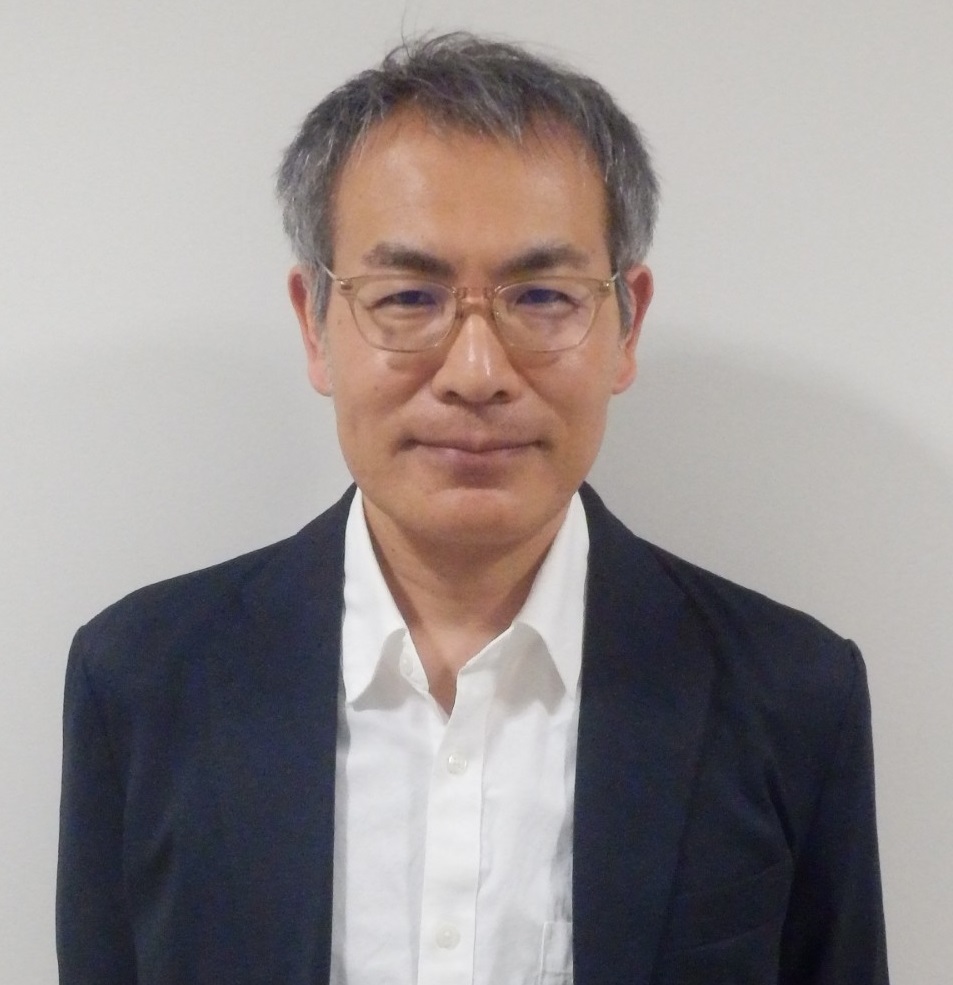 Professor at Sugiyama Jogakuen University. PhD in Literature. Specializes in contemporary Japanese literature and auditory culture theory. Author of Postwar Japanese Auditory Culture: Music, Story, and Body (2013).
Professor at Sugiyama Jogakuen University. PhD in Literature. Specializes in contemporary Japanese literature and auditory culture theory. Author of Postwar Japanese Auditory Culture: Music, Story, and Body (2013).
Yoshiaki Higuchi
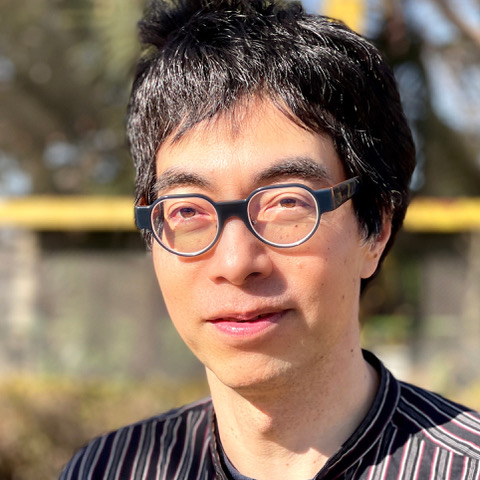 Professor, Department of Media Studies, Faculty of Culture and Society, Tokai University. Completed doctoral program at Graduate School of Political Science, Waseda University School of Political Science and Economics. Doctor of Journalism (2019). Major publications include History of Local Broadcasting in Japan (Seikyusha, 2021).
Professor, Department of Media Studies, Faculty of Culture and Society, Tokai University. Completed doctoral program at Graduate School of Political Science, Waseda University School of Political Science and Economics. Doctor of Journalism (2019). Major publications include History of Local Broadcasting in Japan (Seikyusha, 2021).
Alexander Murphy
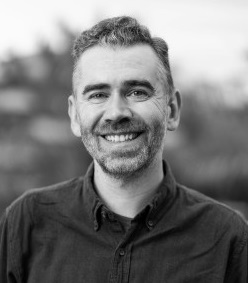 Scholar of modern and contemporary Japanese literature, performance, and media studies. He received his PhD from University of Chicago in 2022 and is currently an assistant professor in the Department of East Asian Languages and Cultural Studies at University of California, Santa Barbara. His current monograph project explores the cultural politics of voice and sound in interwar Japan at the intersection of poetics, acoustics, and musical performance.
Scholar of modern and contemporary Japanese literature, performance, and media studies. He received his PhD from University of Chicago in 2022 and is currently an assistant professor in the Department of East Asian Languages and Cultural Studies at University of California, Santa Barbara. His current monograph project explores the cultural politics of voice and sound in interwar Japan at the intersection of poetics, acoustics, and musical performance.
Nanako Ota
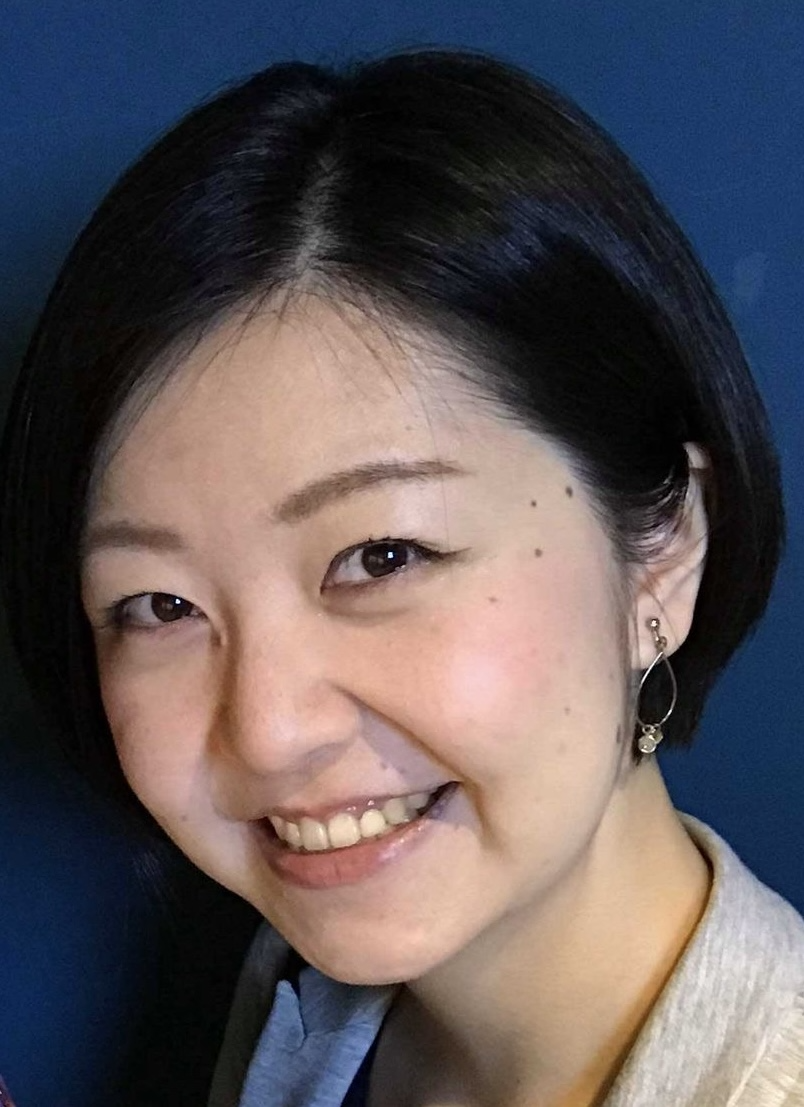 Associate Professor, International Research Center for Japanese Studies. After studying abroad in high school and college in the United States, she completed her doctoral studies and earned her Ph.D. (Arts and Sciences) from the Graduate School of Arts and Sciences at the University of Tokyo. She took up her current position in July 2024. She specializes in media history and Critical Discourse Studies. Her publications include Senryoki Rajiohoso to “Maiku no Kaiho”—Shihai wo Umu Koe, Ningen wo Umu Nikusei (Japanese Radio Broadcasting during the American Occupation and “Opening the Microphone to the Public”: Listening to the Controlling Voices, Discerning the Real Voices) (2022, Keio University Press, winner of the Ninth Uchikawa Yoshimi Memorial Prize) and “The Voiceful Voiceless: Rethinking the Inclusion of the Public Voice in Radio Interview Programs in Occupied Japan” (2019, Historical Journal of Film, Radio and Television 39(3), pp.584-601).
Associate Professor, International Research Center for Japanese Studies. After studying abroad in high school and college in the United States, she completed her doctoral studies and earned her Ph.D. (Arts and Sciences) from the Graduate School of Arts and Sciences at the University of Tokyo. She took up her current position in July 2024. She specializes in media history and Critical Discourse Studies. Her publications include Senryoki Rajiohoso to “Maiku no Kaiho”—Shihai wo Umu Koe, Ningen wo Umu Nikusei (Japanese Radio Broadcasting during the American Occupation and “Opening the Microphone to the Public”: Listening to the Controlling Voices, Discerning the Real Voices) (2022, Keio University Press, winner of the Ninth Uchikawa Yoshimi Memorial Prize) and “The Voiceful Voiceless: Rethinking the Inclusion of the Public Voice in Radio Interview Programs in Occupied Japan” (2019, Historical Journal of Film, Radio and Television 39(3), pp.584-601).
Akinobu Matsumoto
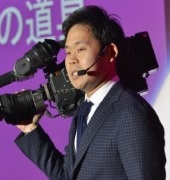 A Junior Researcher at the Faculty of Letters, Arts and Sciences, Waseda University, and a JSPS Cross-border Postdoctoral Research Fellow. I am currently a Visiting Research Scholar at the Weatherhead East Asian Institute, Columbia University. Over the past two years, I have conducted international collaborative research at Harvard University and the University of Maryland, examining the role of media practitioners and the political functions of broadcasting formats in postwar and Cold War East Asia, based on archival studies of occupation-related documents. Drawing on my professional experience as a television documentary director for programs such as “NHK Special” (NHK), “Jōnetsu Tairiku” (MBS), and “Inside Out” (Discovery Channel) my research bridges media production and media history, exploring the relationship between mediated expression, information transmission, and media policy.
A Junior Researcher at the Faculty of Letters, Arts and Sciences, Waseda University, and a JSPS Cross-border Postdoctoral Research Fellow. I am currently a Visiting Research Scholar at the Weatherhead East Asian Institute, Columbia University. Over the past two years, I have conducted international collaborative research at Harvard University and the University of Maryland, examining the role of media practitioners and the political functions of broadcasting formats in postwar and Cold War East Asia, based on archival studies of occupation-related documents. Drawing on my professional experience as a television documentary director for programs such as “NHK Special” (NHK), “Jōnetsu Tairiku” (MBS), and “Inside Out” (Discovery Channel) my research bridges media production and media history, exploring the relationship between mediated expression, information transmission, and media policy.
Discussant
Koji Toba
Professor, Faculty of Letters, Arts and Sciences
Hideto Tsuboi
Professor, Faculty of Letters, Arts and Sciences
Moderator
Yanai Initiative Commitee
◆Erika Ohki: Research Associate, Faculty of Letters, Arts and Sciences (Main Moderator)
◆Sena Kaneko: Assistant Professor, Faculty of Letters, Arts and Sciences (Session 1 Moderator)
◆Kanako Mabuchi: Yanai Initiative Research Fellow (Session 2 Moderator)
Important Notes
During this symposium, the Yanai satff will take photos of the presenters and participants for our recording purposes. If you do not wish to have your photo included, please inform the staff during the event.
Contact
Waseda Yanai Initiative:[email protected]

